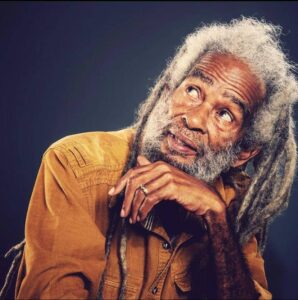PMs pension bill passed
GOVERNMENT MPs held ranks yesterday to ensure the passage of a bill to formalise the payment of retired prime ministers their full salaries – a provision that was implemented 13 years ago.
On the books, retired prime ministers are to receive a pension of two-thirds of the salary of the sitting leader. But earlier this year the government brought legislation to increase the pension to 100 per cent of the PM’s salary and to extend the benefit to the widow of a retired prime minister.
It subsequently emerged the provision had been in place since after the retirement of the late Michael Manley and would have been enjoyed by Hugh Shearer, who died last year, as well as former Opposition Jamaica Labour Party leader, Edward Seaga, who retired in February.
Yesterday Seaga’s successor, Bruce Golding, said his party was opposed to aspects of the amendment and lashed both the Accountant General and Auditor General over the issue – the former for having allowed the payments to be made, and the latter for allowing them to go on for 13 years without parliamentary approval and without comment in his annual reports.
“We do not oppose the provisions as they relate to spouses,” Golding said. “We are opposed to moving the pension of the prime minister beyond the current position, which is two-thirds of whatever the salary of the prime minister is at any point in time.”
Golding argued that in terms of the payments made over the last 13 years without legal authority, the government should bring a bill to validate them. Such a bill, he said, would have been supported by the Opposition.
However, this eventually became unnecessary, as the Opposition’s objections to the amendments were defeated 28-21 in a vote which followed the committee stage of the procedure. Both sides voted strictly along party lines.
Golding said that while he was not seeking to minimise the need to ensure that appropriate provisions are made for persons who retired as prime minister and their families, he was concerned about two things:
(1) it was wrong for the government to have undertaken the payments for 13 years, without the legal authority to do so, and without anybody seeing it necessary to bring the matter to Parliament so that it could be discussed and approved;
(2) in discharging its obligations to persons who have retired, the country must be careful it does not go overboard.
“There is a limit beyond which generosity becomes irresponsibility,” Golding said. “A principle that we must consider very seriously is whether we who sought public trust, and in whom public trust has been invested, can afford to do for ourselves what we are not capable of doing for the persons who vested that trust in us and over whom we have charge,” he reiterated.
He said that the issue was an important aspect of the ethical correctness of the Opposition’s position.
Finance Minister Omar Davies said that the amendments were seeking to ratify what was being done for some period.
“Every single one of us can recount instances of former legislators who are either now living in difficult circumstances, or who died in difficult circumstances,” Davies said. “What this bill is simply doing is providing for former prime ministers and their widows the same treatment which is duly accorded to former governors-general, and within that context I don’t believe that this is an issue which should solicit any controversy.”
He did, however, concede that it was “unfortunate” that the bill was being brought to Parliament some 13 years after the government started implementing the provisions. He said that the delay in bringing the bill to the House was related to the reluctance of the former prime ministers to pilot amendments which seemed beneficial to them.















